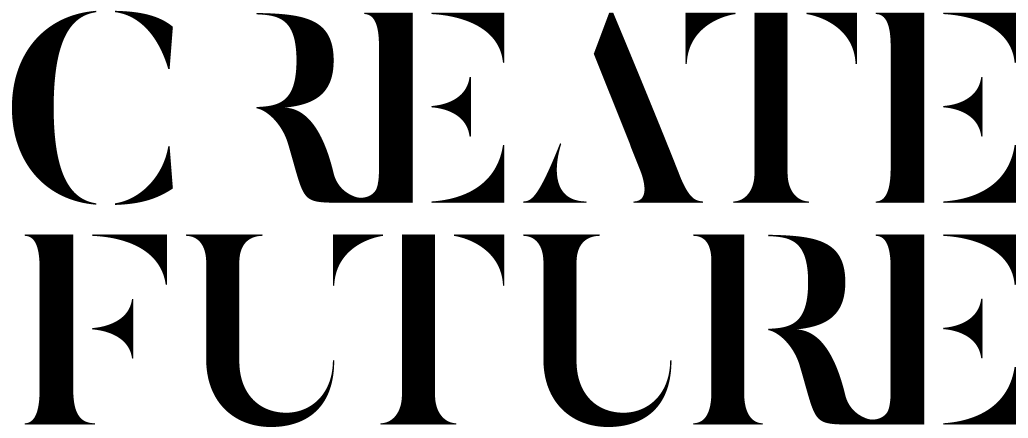Stop, collaborate and listen. Why more really is more.
For as long as I can remember I’ve preferred to work with other people to solve problems. It led me to a personal mantra of ‘Everyone, All Together, Early On’. I take no credit for that line, as I’m sure I heard it many years ago - but the origin has been lost to time. I used to think the reason I included people when problem-solving was to have lots of intelligent people working on the same challenge. After all, two heads are better than one - right?
That wasn’t the reason. I had a deep-seated feedback loop: when I worked with other people I got outstanding results, when I worked alone my ideas tended to fall flat - people didn’t get them, they didn’t solve a problem, or they were too grandiose.
So why is collaboration important? Is it about inclusion - so no one feels left out? Well, actually sort of.
There is one key reason for collaborating: You get more.
More inspiration
More ideas
More perspectives
More experience
More critical questioning
More chance of buy-in
More chance to kill ideas that just won’t work
More expansive thinking
All great ideas are unpinned by a deep understanding of the user need (as discussed in my previous blog), an excellent technical execution and a smart business model. All these require different skills to validate an idea - you can have an amazing idea - but if it’s expensive to build, and no one will buy it - then it’s not a great idea (see Segway!).
More people give you a deeper understanding of the user, more people can help you very early on identify technical constraints - and technical opportunities to shape your idea, and more people can help you generate a business model that will work.
I will temper this with ‘more of the right people’. Too often I’ve seen meeting rooms filled with execs, directors or ‘creatives’. What you need is a well-balanced mix. Some of the best teams I’ve worked with have what most would be seen as the least creative person and the most creative person in them.
You want creative tension. The moment when someone wildy exclaims ‘This idea is amazing!’, and then a well-known cynical voice says “That won't work, but… if you did this…”. Is magic.
We all talk about Fail Fast, but if you can fail in a meeting room - that’s even better than in the wild.
